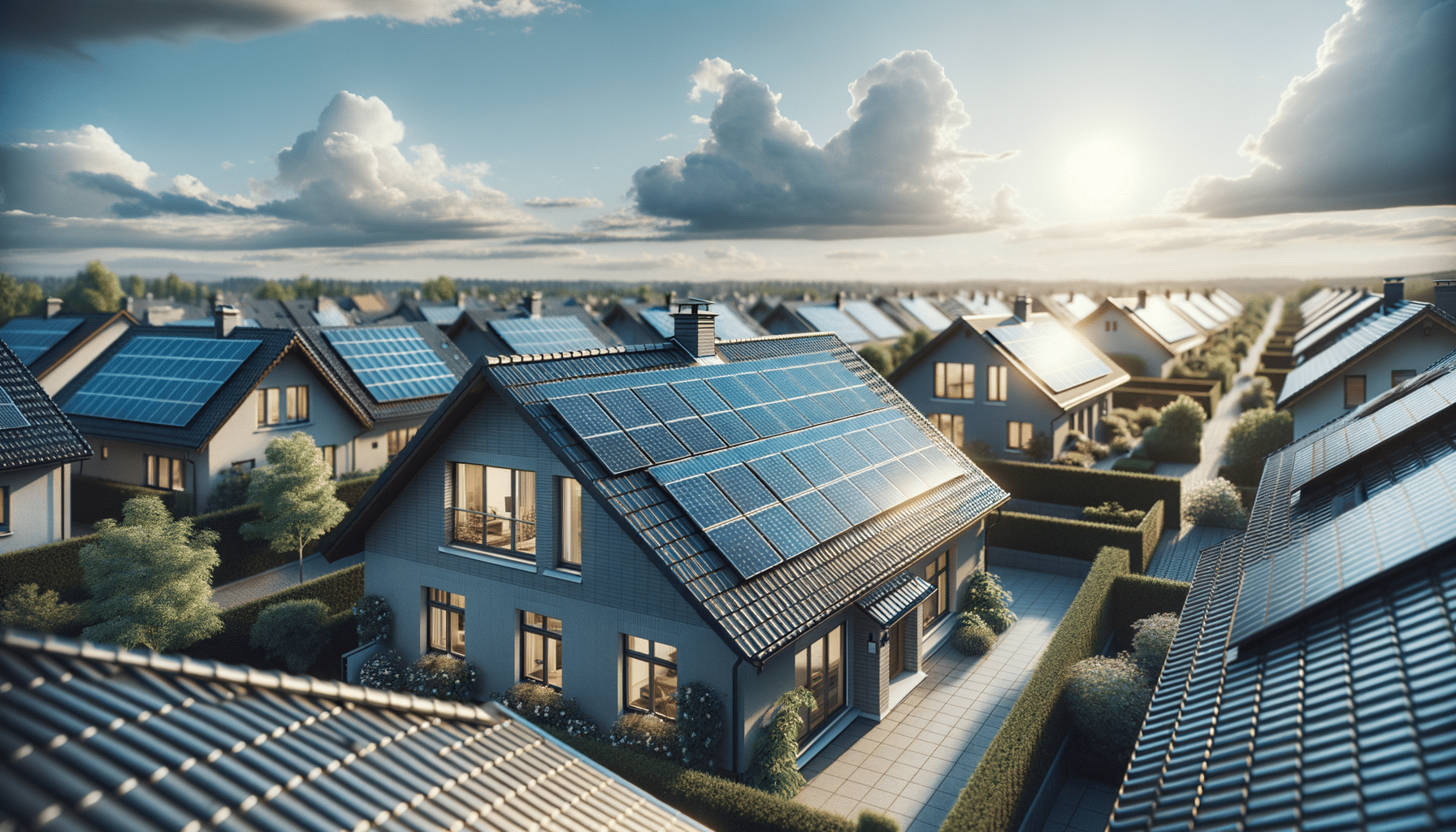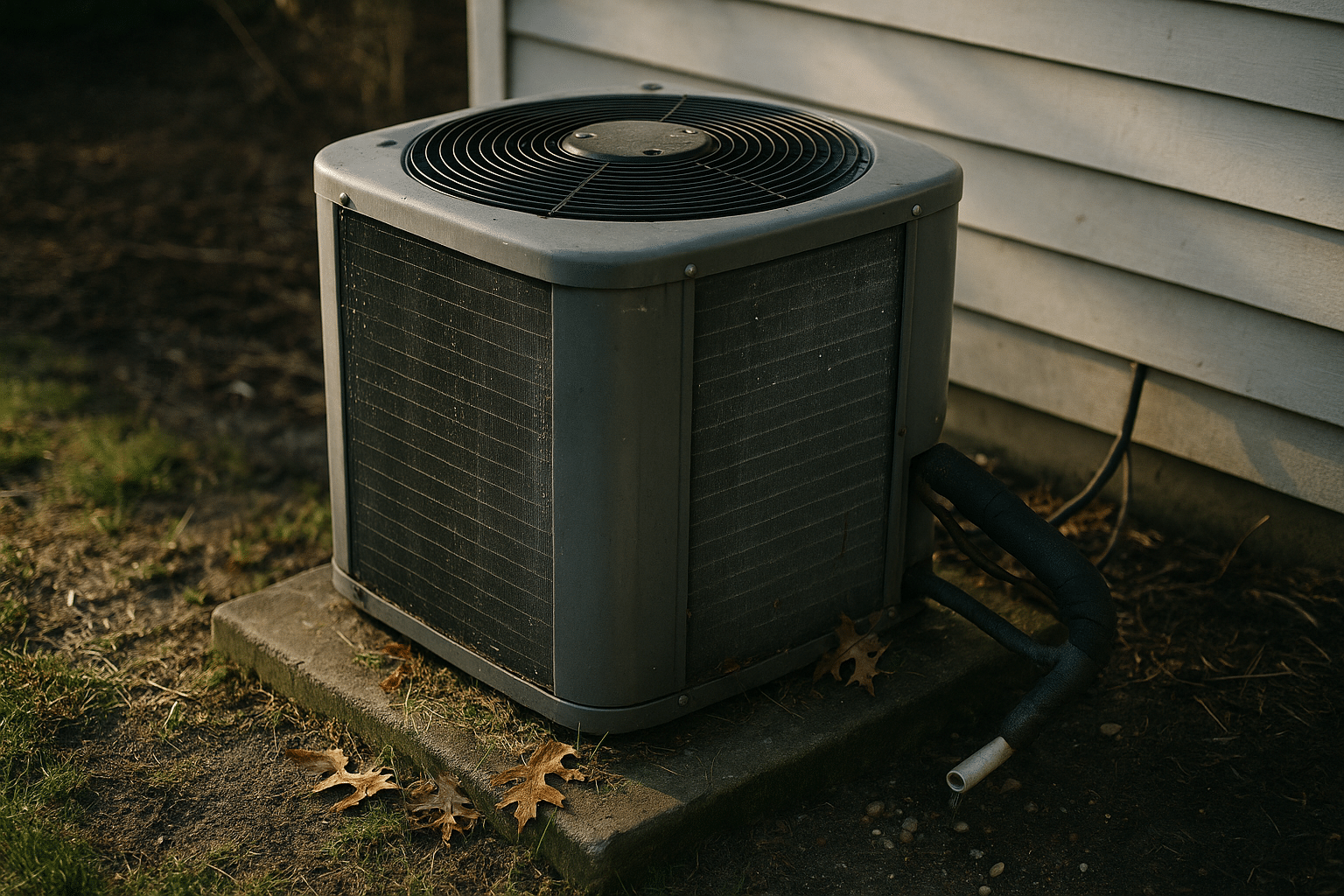
Learn more about home solar panels
Introduction to Home Solar Panels
As the demand for sustainable energy solutions continues to rise, home solar panels have become a popular choice for homeowners looking to reduce their carbon footprint and energy bills. Solar panels offer a renewable energy source that harnesses the power of the sun, converting it into electricity that can power homes efficiently. This article explores the various aspects of home solar panels, providing insights into their benefits, installation process, and long-term value.
Understanding the Benefits of Solar Energy
Solar energy is a clean, renewable resource that offers numerous environmental and financial benefits. By installing solar panels, homeowners can significantly reduce their reliance on fossil fuels, thereby decreasing greenhouse gas emissions. This shift not only contributes to a healthier planet but also supports energy independence. Financially, solar panels can lead to substantial savings on electricity bills. Many regions offer incentives and tax credits to encourage solar adoption, further enhancing the financial appeal.
Additional benefits include:
- Low maintenance costs: Solar panels require minimal upkeep, making them a cost-effective energy solution.
- Increased property value: Homes equipped with solar panels often see a rise in market value, appealing to environmentally conscious buyers.
- Energy reliability: Solar panels provide a stable energy source, reducing vulnerability to energy price fluctuations.
The Installation Process of Home Solar Panels
The installation of home solar panels involves several key steps. Initially, a site assessment is conducted to determine the suitability of the location. Factors such as roof orientation, shading, and available space are evaluated to optimize solar panel performance. Once the site is deemed appropriate, the design phase begins, where the type and number of panels are determined based on the household’s energy needs.
Installation is typically carried out by certified professionals who ensure that the panels are securely mounted and connected to the home’s electrical system. The entire process can take anywhere from a few days to several weeks, depending on the complexity of the installation. After installation, the system is connected to the grid, allowing homeowners to benefit from net metering, where excess energy is fed back to the grid for credits.
Financial Considerations and Incentives
Investing in solar panels involves upfront costs that can vary based on the size and type of the system. However, the long-term financial benefits often outweigh these initial expenses. Homeowners can explore various financing options, including loans, leases, and power purchase agreements, to make solar energy more accessible.
Many governments offer incentives to promote solar energy adoption. These may include tax credits, rebates, and grants that can significantly reduce the overall cost of installation. It’s essential for homeowners to research available incentives in their region to maximize their savings. Additionally, the potential for reduced energy bills and the possibility of selling excess energy back to the grid can further enhance the financial viability of solar panels.
Long-Term Value and Considerations
Home solar panels are a long-term investment that can provide substantial value over their lifespan, typically ranging from 25 to 30 years. The durability and efficiency of solar panels have improved significantly over the years, with many manufacturers offering warranties that guarantee performance.
When considering solar panels, homeowners should evaluate factors such as local climate, energy needs, and financial goals. While solar panels perform optimally in sunny regions, they can still be effective in less sunny areas, thanks to advancements in technology. Ultimately, the decision to invest in solar panels should align with the homeowner’s commitment to sustainability and desire for energy independence.
In conclusion, home solar panels present an opportunity to embrace renewable energy while enjoying financial savings and contributing to environmental preservation. As technology continues to evolve, the accessibility and efficiency of solar energy solutions are expected to improve, making them an increasingly attractive option for homeowners worldwide.


